
Shah Bano and the Muslim Women Act, a Decade On: The Right of the Divorced Muslim Woman to Mataa
Edited by Lucy Carroll Stout (NHC Fellow, 1996–97) Abridged judgements with comments and contributed articles

Edited by Lucy Carroll Stout (NHC Fellow, 1996–97) Abridged judgements with comments and contributed articles

Edited by Edward Muir (NHC Fellow, 1992–93) and Guido Ruggiero This work demonstrates how a sophisticated analysis of documents once thought beneath scholarly notice–criminal records–can offer stunning new insights into the past.
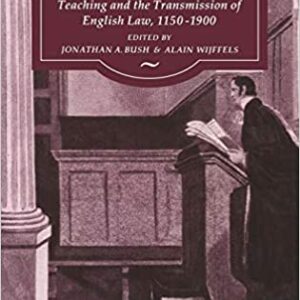
Edited by Jonathan A. Bush (NHC Fellow, 1998–99) and Alain Wijffels The essays in this text deal with aspects of British legal learning. It traces the tradition of learning dating back to the Middle Ages and how the inns of court provided the equivalent of a legal university. The essays describe how before the middle … Continued
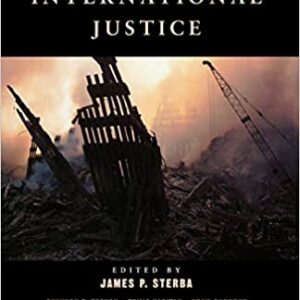
Edited by James P. Sterba (NHC Fellow, 2001–02) Since 9/11, we need to better understand the terrorism we face and reflect upon how we should best respond to it. Edited by James P. Sterba, this collection of new essays on terrorism and international justice focuses on three central questions: What is the nature and rhetoric … Continued

By Mohsen Kadivar (NHC Fellow, 2019–20) Human Rights and Reformist Islam critiques traditional Islamic approaches to the question of compatibility between human rights and Islam, and argues instead for their reconciliation from the perspective of a reformist Islam. The book focuses on six controversial case studies: religious discrimination; gender discrimination; slavery; freedom of religion; punishment of … Continued
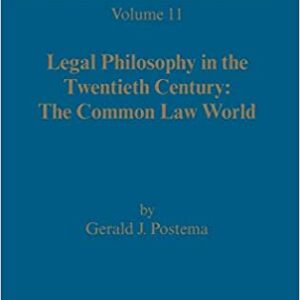
By Gerald J. Postema (NHC Fellow, 1986–87; 2005–06) Volume 11, the sixth of the historical volumes of A Treatise of Legal Philosophy and General Jurisprudence, offers a fresh, philosophically engaged, critical interpretation of the main currents of jurisprudential thought in the English-speaking world of the 20th century. It tells the tale of two lectures and their legacies: … Continued

By Paul L. Murphy (NHC Fellow, 1981–82)
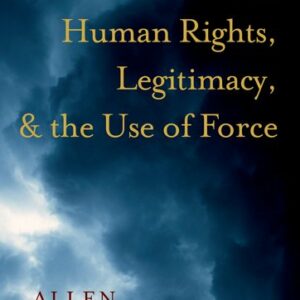
By Allen Buchanan (NHC Fellow, 2001–02) The thirteen essays by Allen Buchanan collected here are arranged in such a way as to make evident their thematic interconnections: the important and hitherto unappreciated relationships among the nature and grounding of human rights, the legitimacy of international institutions, and the justification for using military force across borders. … Continued
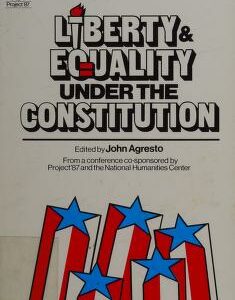
Edited by John Agresto (NHC Fellow, 1978–79; 1979–80)
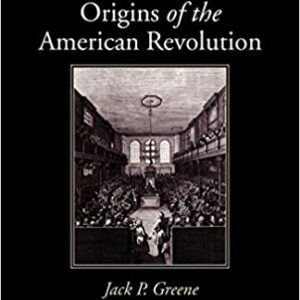
By Jack P. Greene (NHC Fellow, 1986–87; 1987–88; 2009–10) Using the British Empire as a case study, this succinct study argues that the establishment of overseas settlements in America created a problem of constitutional organization that created deep and persistent tensions within the empire during the colonial era and that the failure to resolve it … Continued